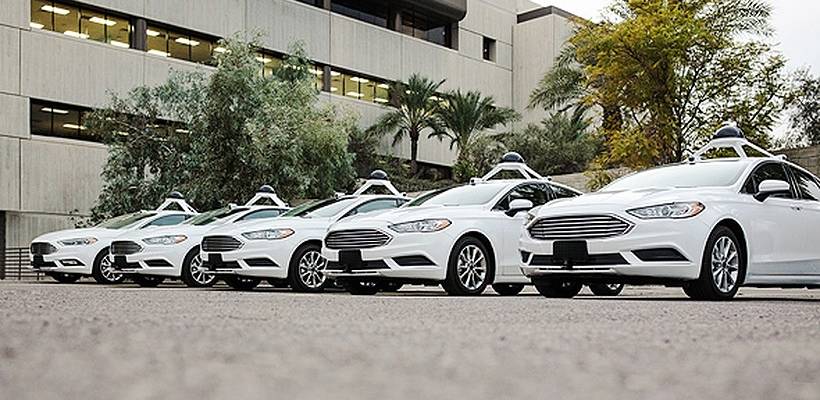A recent report by a prominent global consultancy firm links Israel’s high R&D expenditure and its proficiency in cybersecurity to its role as a global mobility innovator.
By Meir Orbach, Calcalist
Israel is on the road to becoming a global mobility hub, according to a report published earlier this month by the McKinsey Center for Future Mobility (MCFM) of multinational consulting firm McKinsey & Company Inc.
While Israel has no domestic automotive manufacturing activity, in recent years it has become a significant attraction to multinational automakers. According to McKinsey’s analysts, this is in part due to the country’s high expenditure on research and development, and its proficiency in both cybersecurity and artificial intelligence technologies, which are vital technologies for the autonomous and connected vehicle industry.
According to the report, Israel invests well above the OECD average on R&D, up to 4.5% of its GDP, compared with the 2.4% average. Israel ranked below South Korea (4.6%) and above Japan (3.2%), Germany (3.0%), and the U.S. (2.8%). Israel also boasts a high ratio of researchers out of the country’s working population, 17 out of every 1,000 people, according to the report. This is more than in South Korea, Japan, and the U.S., and more than double the OECD average of eight to 1,000.
Much of the innovation that occurs in the mobility field is driven by startups, and Israeli startups have gotten a healthy slice of the pie, the report says. Since 2010, 40 Israeli mobility-focused startups and an additional 300 startups developing technologies with applications for the auto industry have received investments totaling $18.4 billion.
The sum, the report continues, places Israel in fourth place after the U.S., China, and the U.K.
Multinational automakers have stationed themselves in Israel to better connect with emerging technologies, with 10 out of 15 of the tier-one auto companies currently operating a local office in the country, according to the report.
